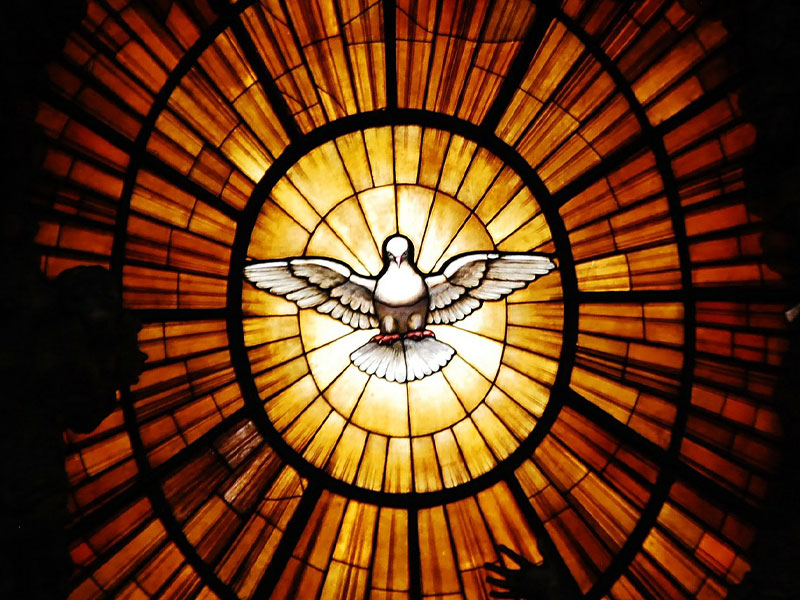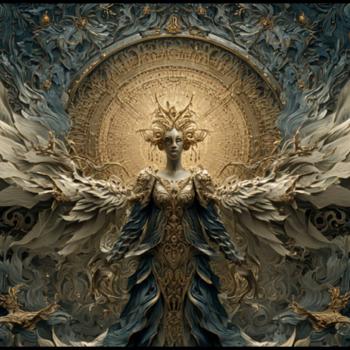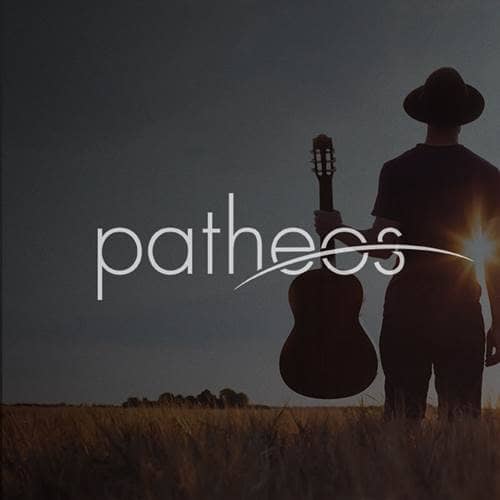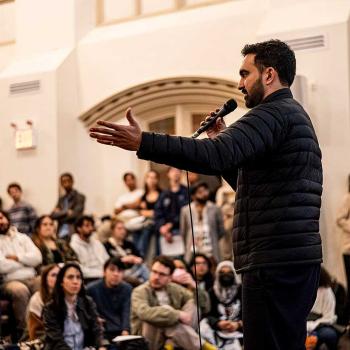
Pentecost is a Christian feast day that is traditionally celebrated on Sunday fifty days after Easter. Pentecost honors the day when the Holy Spirit was poured out on all the disciples, who experienced this as tongues of fire and rushing wind. This miraculous event is described in chapter two of the Acts of the Apostles. During the first Pentecost, the Holy Spirit “filled the whole house where they were sitting…All of them were filled with the Holy Spirit and began to speak in other tongues as the Spirit enabled them” (Acts 2.1-4). This unusual event understandably drew a large crowd. The Apostle Peter took advantage of the situation and preached the Gospel to the people. This led to 3,000 people converting to Christianity. This event is sometimes seen not only as a pivotal moment in the history of Christianity but as the birthday of the Christian church.
Pentecost is a Greek term signifying 50 days. After Jesus rose from the dead, he spent 40 days teaching his disciples and preparing them for their own ministry. Then he ascended into heaven (Acts 1.3-9). Ten days later, the disciples were gathered in Jerusalem for a major Jewish festival called the Feast of Weeks or the Feast of Harvest, which was always held seven weeks after Passover. This celebration is described twice in Exodus (23.16, 34.22), in Leviticus 23.15-16, Numbers 28.26, and Deuteronomy 16.9-10. This Jewish feast was a time to celebrate the spring harvest and, later, the giving of the Torah to Moses on Mt. Sinai.
Different denominations celebrate Pentecost in different ways. Some churches drop rose petals or confetti in order to symbolize the tongues of fire that came down on the disciples. Other churches blow trumpets to reference the Holy Spirit coming like a violent rush of wind. Some churches proclaim the gospel in different languages. Many churches associate Pentecost with the color red and fire imagery. Others, however, emphasize white for the clothing worn by people seeking to be baptized on Pentecost and fill the church with pictures of doves.
Because the first Pentecost included speaking in tongues, early 20th-century revivalists who experienced the same phenomenon were called Pentecostals. All Christians recognize the pivotal importance of the outpouring of the Holy Spirit described in the first Pentecost, but Pentecostals and charismatic Christians also expect to experience something akin to that first event.
3/23/2021 6:32:41 PM









